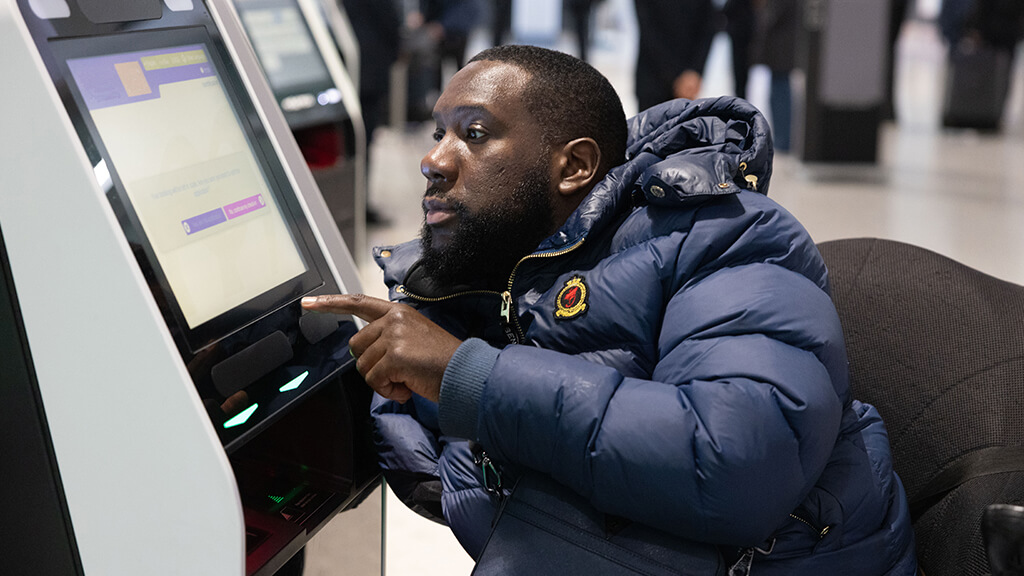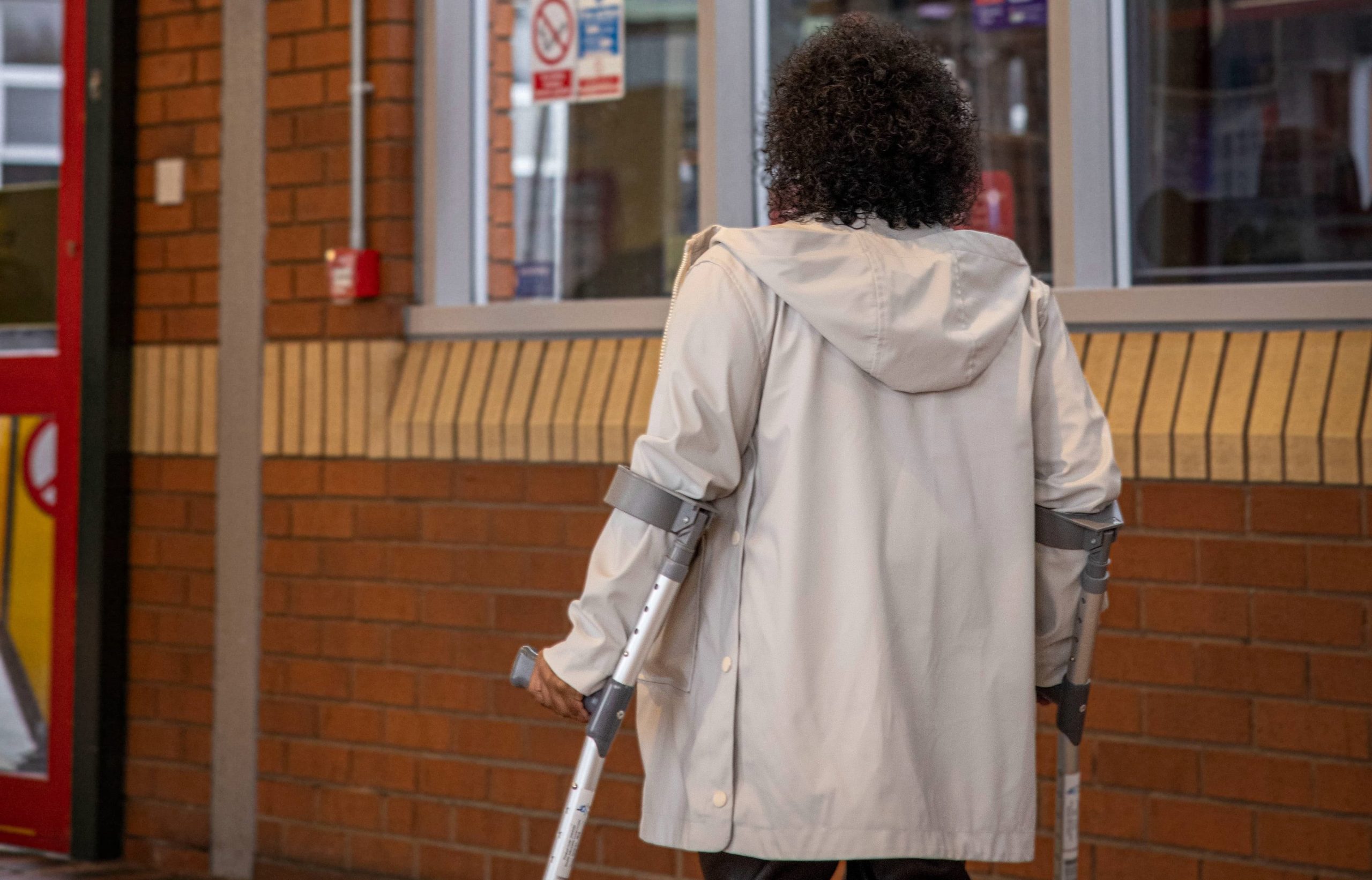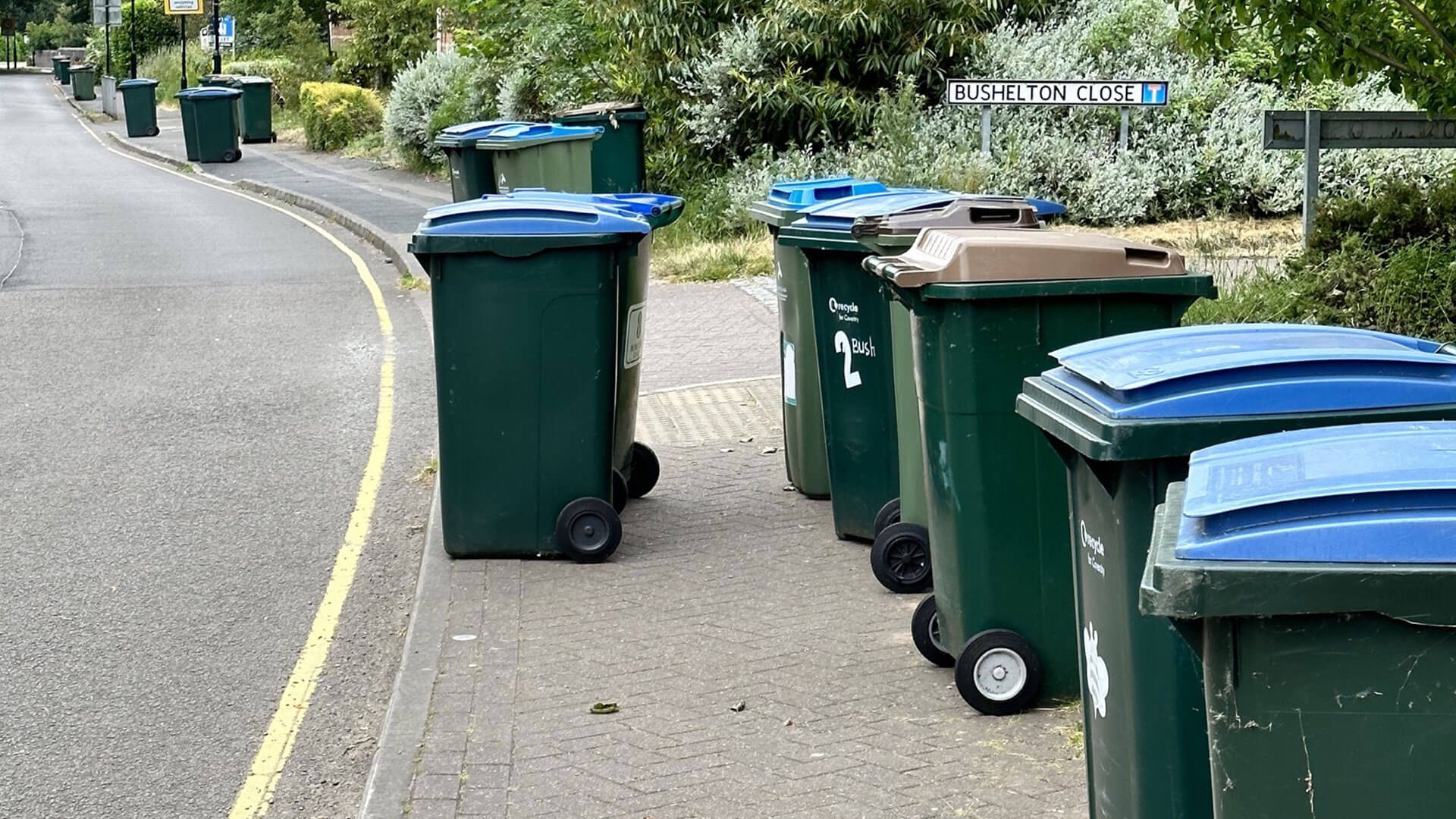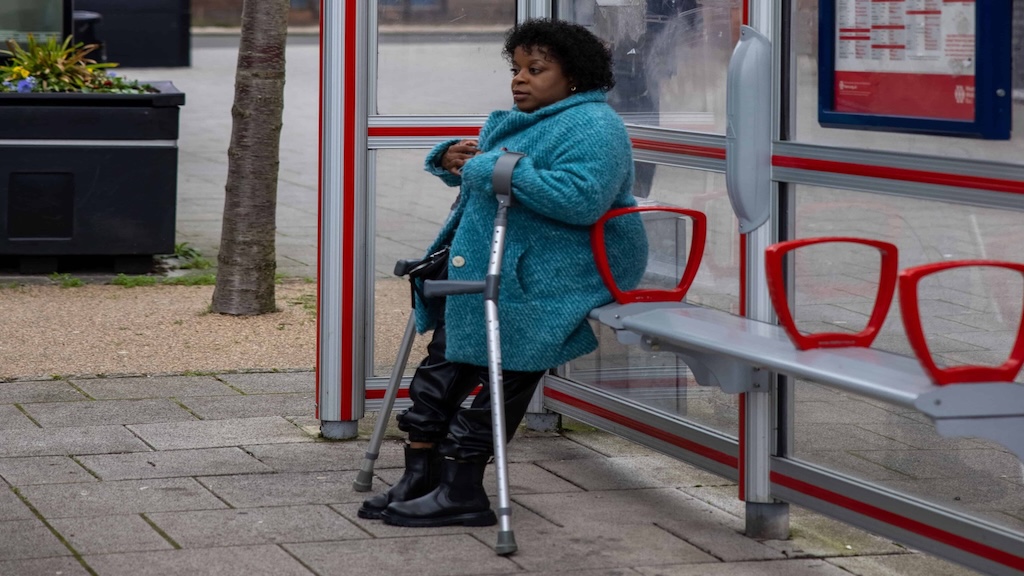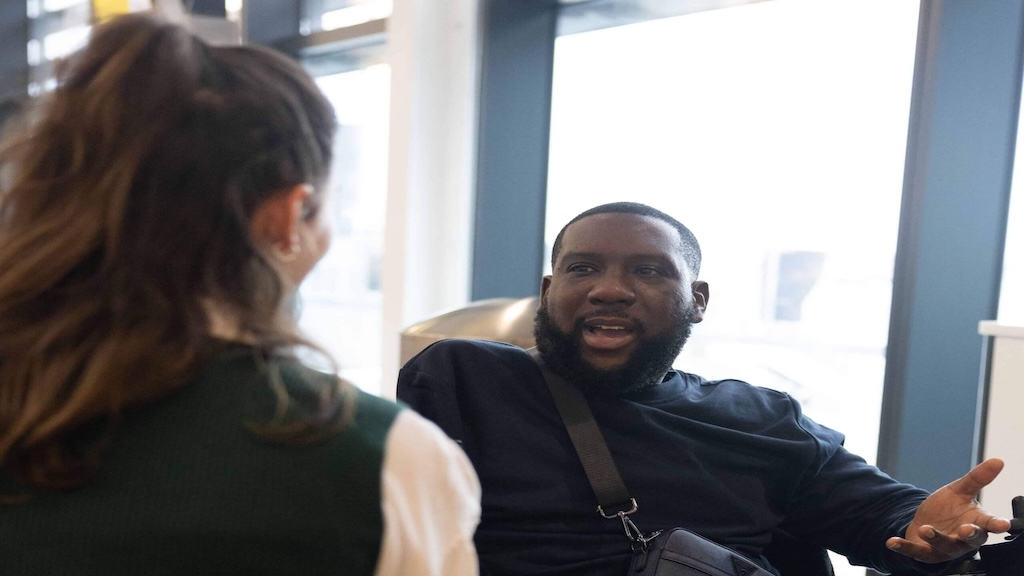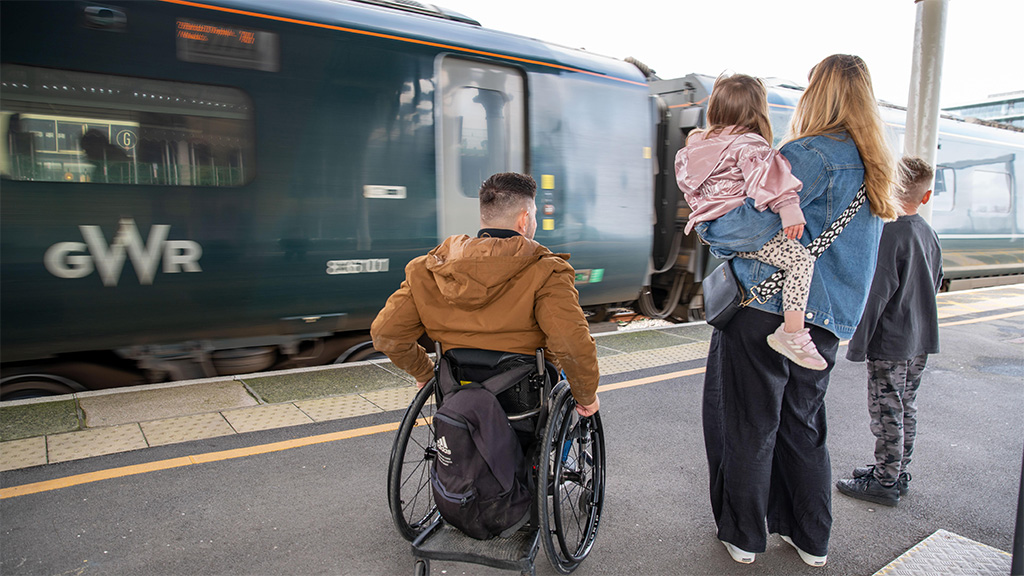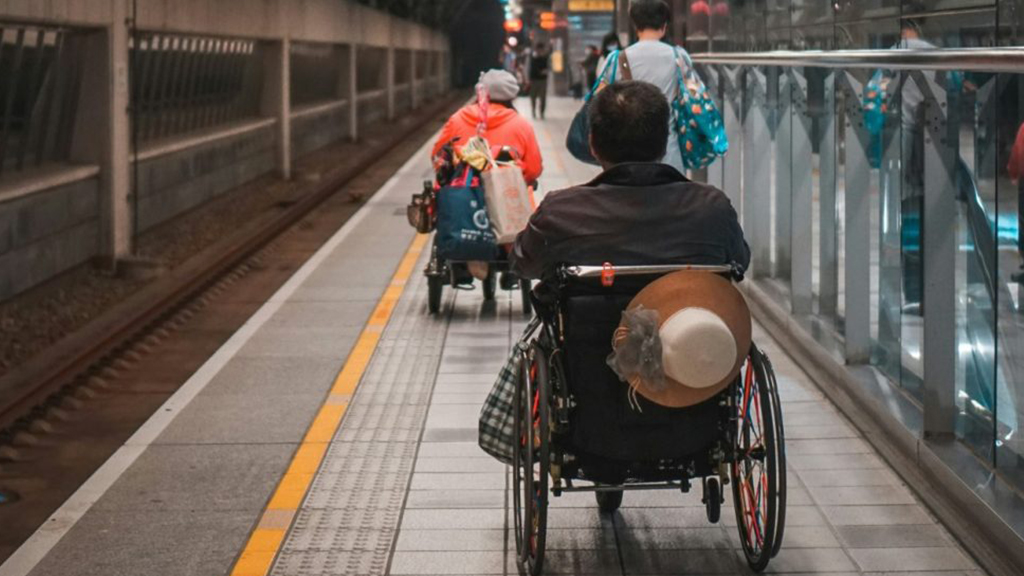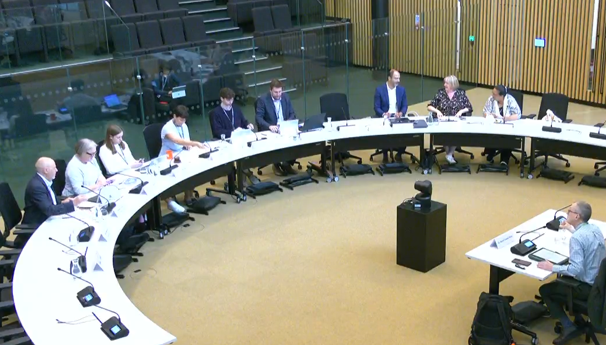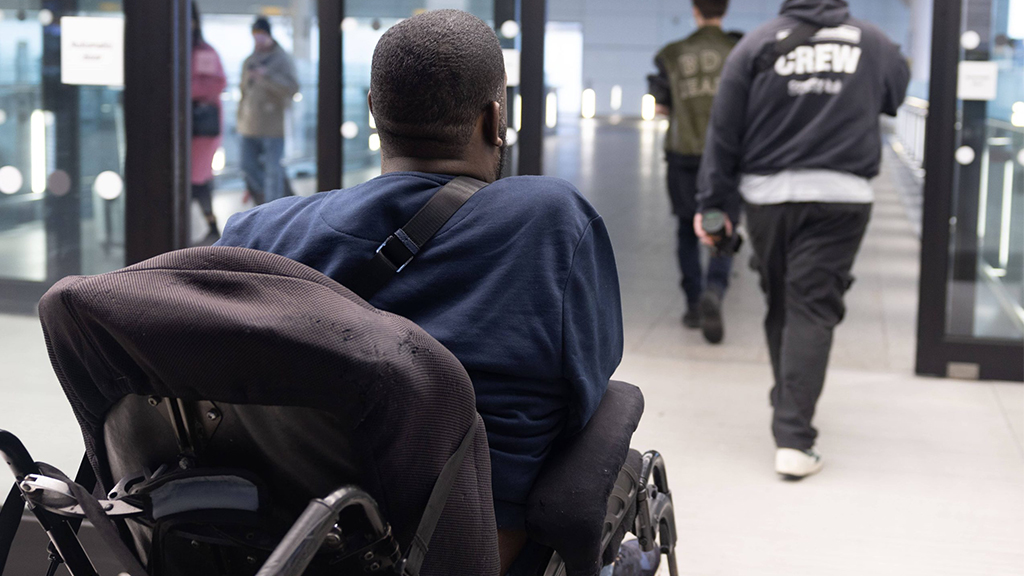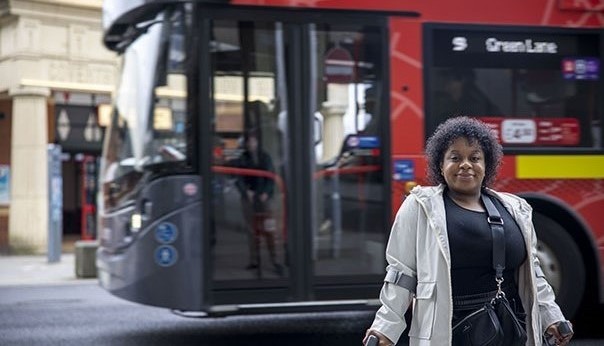ncat is a seven year programme of work, with the core purpose to undertake research to create evidence that will support industry partners and policy makers work to make future transport accessible for all. The set-up of the Centre is its first delivery action. The future direction of the core of ncat’s work was kick-started by research and engagement projects undertaken in the first 18 months, the results of which are below.
Projects undertaken in the initial set-up phase will underpin and feed into the wider research agenda, as identified by engagement with disabled people through the CAT Panel, transport professionals, disabled people’s organisations and policy makers. Find out more about our CAT Panel.
